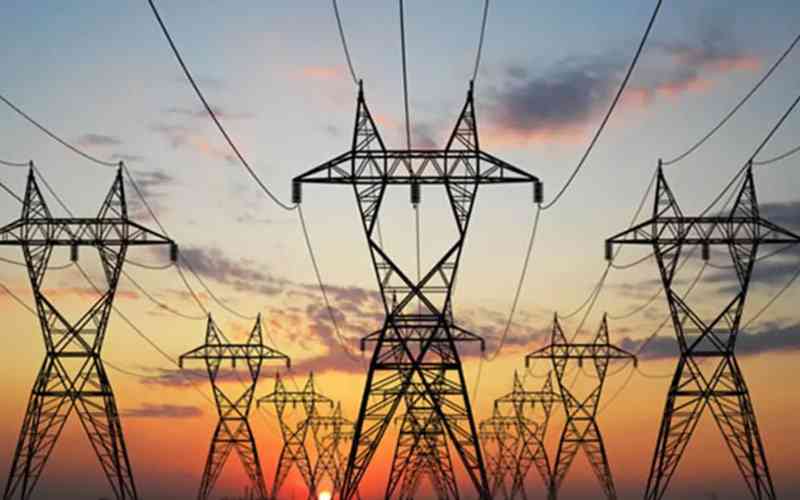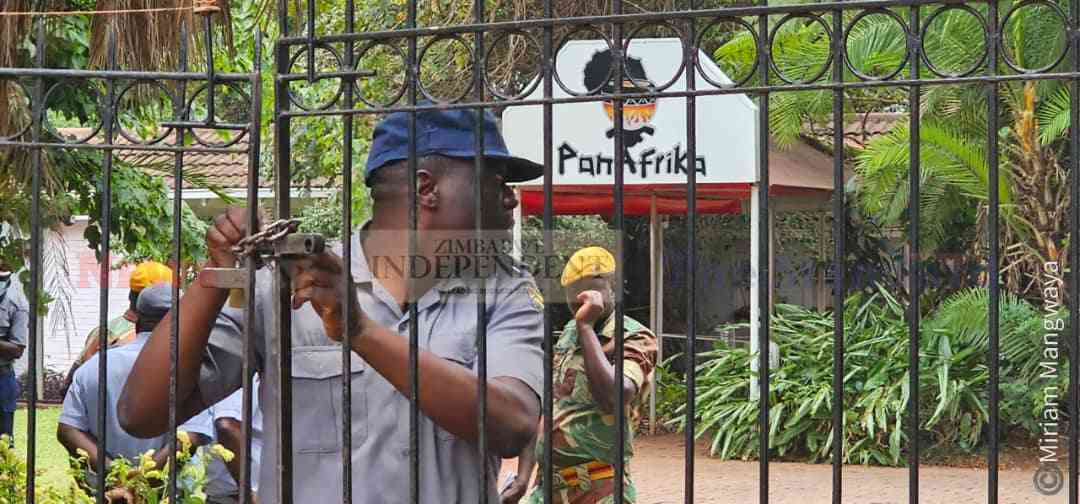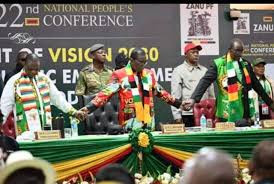
ZESA Holdings yesterday said it will challenge a High Court ruling stating that a tender awarded to businessman Wicknell Chivayo’s Intratrek Zimbabwe, to construct a solar power plant in Gwanda, Matabeleland South is still valid.
Zesa subsidiary, the Zimbabwe Power Company (ZPC) cancelled in 2017 the tender it had awarded Intratrek in 2015 after accusing Chivayo of fraud and having failed on the project.
Chivayo then sued ZPC last year claiming US$22 million damages for defamation. In his ruling, High Court judge Justice Siyabona Paul Msithu said the Gwanda solar tender was still valid.
In a statement yesterday, Zesa said the money is better spent on ending rolling power outages than towards the Gwanda solar project.
“We respect the laws of the country but we will definitely lodge an appeal with the courts,” Zesa Holdings said.
When pressed to confirm if Zesa Holdings has money to pay Chivayo, the power utility said: “We cannot afford to pay as the organisation needs to direct funds to the total electrification of Zimbabwe projects.
“Such amounts would contribute to powering business, mining, agriculture, schools and hospitals among others. Zimbabweans need power and our top priority right now is to end load shedding by using every cent to capacitate the business.”
Intratrek Zimbabwe executive chairperson Wilson Manase, however, said they will not pressure ZPC to pay the damages, but will pursue the project to its finality.
- Fresh land invasions hit Whitecliff
- Pomona cash row escalates
- Border Timbers targets European markets
- SA name strong A side for Zim tour
Keep Reading
“I wish to reiterate and set the record straight that we are not overly concerned with receiving damages from ZPC when the country is reeling under prolonged hours of load shedding,” Manase said.
“It will be a dereliction of duty as citizens of Zimbabwe to pursue a remedy that will impoverish a State utility and prejudice the generality of Zimbabweans, ourselves included. We shall, therefore, prioritise and emphasise to our partners at ZPC that the demand for power be immediately resolved by allowing the project to be implemented, as opposed to a payment of the damages awarded by the Courts.”
Manase said the judgement vindicated their position that the tender was unlawfully terminated.
“We receive the High Court judgement as highly commendable as it is a vindication of the position that we have always advanced, particularly that the contract was unlawfully terminated by ZPC,” Manase said.
“It allays the regrettable misinformation about the project and the aspersions that Intratrek did not perform its contractual obligations. We applaud our judiciary for seeing this matter for what it is, applying the law impartially to the dispute and not being swayed by the court of public opinion.”
Manase, however, added that ZPC should now honour its part by availing the security for payment agreements under the contract and per international best practices.










